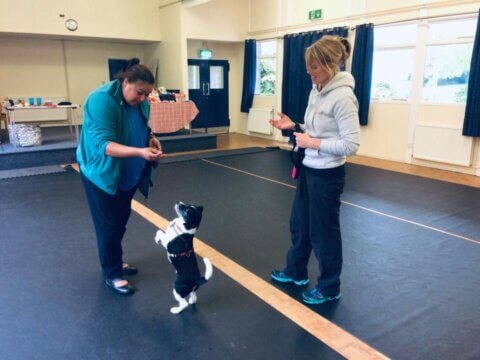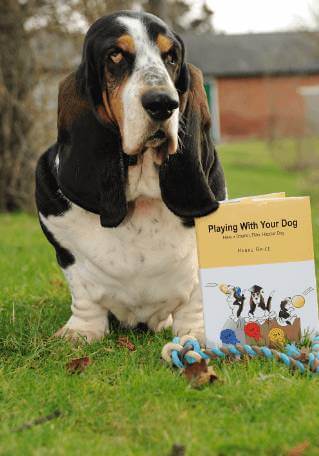Animal behaviour change programmes are aimed at modifying the behaviour of animals to improve their welfare, reduce their impact on the environment, or improve their interactions with humans.
These programmes employ a variety of methods, including operant conditioning, classical conditioning, and social learning. However, the effectiveness of these programmes can vary depending on the species, the specific behaviour being targeted, and the training methods used.
A critical review of current animal behaviour change programmes suggests that while these programmes have shown promise in some areas, there is still much room for improvement. For example, a study by McKinley et al. (2021) found that a behaviour change programme based on positive reinforcement was effective in reducing the frequency of undesirable behaviours in dogs within shelter environments. Similarly, a study by Webster et al. (2019) found that a behaviour change programme based on positive reinforcement was effective in reducing stress and improving welfare in dairy cows.

However, other studies have found that certain behaviour change programmes may have unintended negative consequences. For example, a study by Vas et al. (2021) found that using aversive methods to train dogs, such as shock collars, can lead to behavioural problems and reduced welfare. Similarly, a study by Byrne et al. (2020) found that traditional training methods used in horse riding, such as whip use and tight rein contact, can lead to stress, pain, and behavioural problems in horses.
Overall, data highlights that positive reinforcement-based behaviour change programmes are more effective and ethical than aversive methods.
Certainly, there remains a need for further research to determine the most effective and humane methods for changing animal behaviour in different contexts, yet of the published research we do have all suggest that we should be focusing on and using least intrusive, minimally aversive methods. Consequently, finding the appropiate support for pet owners/keepers is critical.
Check out the Animal Behaviour and Training Council website for a list of registered practitioners (Animal Training Instructors, Clinical Animal Behaviourists and so on) that have been rigorously assessed by their practitioner organisation, and work to the role standards set by the ABTC.
References:
Byrne, R. W., Bateson, M., & Griebel, U. (2020). Horse riding as a welfare concern. Animals, 10(1), 112.
McKinley, E. O., Schade, L. M., Olmos, A. O., & Gutshall, K. A. (2021). Evaluation of a positive reinforcement program for reducing undesirable behavior in shelter dogs. Journal of Applied Animal Welfare Science, 24(1), 20-30.
Vas, J., Topál, J., Péch, E., Miklósi, Á., & Csányi, V. (2021). A nonaversive way of training dogs based on social learning. Journal of Veterinary Behavior, 16, 71-76.
Webster, J. R., Stewart, M., Rogers, A. R., Verkerk, G. A., Schütz, K. E., & Tucker, C. B. (2019). Assessment of positive welfare indicators for dairy cows in pasture-based systems. Journal of Dairy Science, 102(10), 9147-9162.
Learn more about our classes

Get Hanne's book, clothing and more
Hanne has a number of publications including her book Playing With Your Dog to help owners work out the games that are best suited for their pet to play throughout his life, from puppyhood to old age, available from Amazon. Check out Hanne's range of contemporary casuals The Collection – for pet lovers made from recyclable, organic materials that are sustainably sourced.

